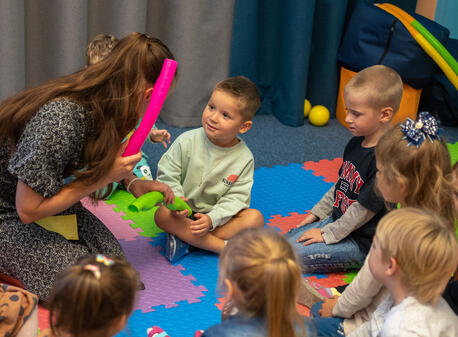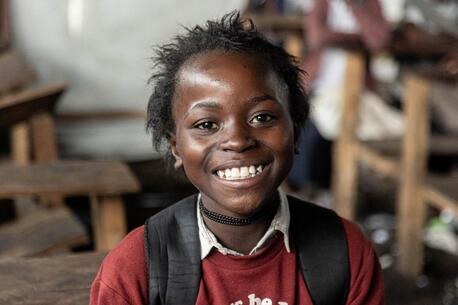
Justice for All
UNICEF and partners are committed to championing the rights of every child and advocating for equity and justice for all.
Our world is not a just one — but it can be.
For UNICEF, social justice is at the root of every mission. In addition to responding to hundreds of emergencies every year, UNICEF works with partners, governments and others to address the root causes of systemic and social injustices.
But what is social justice? And does justice, in reality, apply to all?
Social justice champions the idea that everyone deserves an equal chance to thrive. In society, this would look like the equitable distribution of rights, resources and opportunities. But in our increasingly volatile world, achieving social justice is a lofty goal. Systemic and societal faults, including poverty, health and education inequities, racism and discrimination push justice out of reach — and put children’s futures in jeopardy.
That’s where UNICEF comes in. For UNICEF, achieving social justice means ensuring that every child everywhere is healthy, educated, protected and respected. Through advocacy, programming and crisis response, UNICEF relentlessly pursues a more equitable — and a more just — world for every child.
War zones, hazardous terrains, natural disasters: UNICEF workers brave it all to deliver critical health support to every child
A key component to achieving social justice is ensuring equitable access to quality health care. Diseases and illnesses do not affect communities equally. Children in low-income countries are often disproportionately affected by preventable diseases, including malnutrition, and inadequate access to safe water and sanitation facilities. These disparities are largely due to deep-rooted inequalities in access to resources, environmental conditions and systemic biases within health systems.
UNICEF is working to change that and ensure safe access to quality health care for children worldwide by scaling essential services, increasing immunization coverage and improving health systems. As the largest single vaccine buyer in the world, UNICEF works to deliver lifesaving vaccines, medical supplies and health services to the world’s hardest-to-reach places. Since 1990, UNICEF has helped reduce global mortality rates for children under 5 by 59 percent and continues to implement innovative approaches to deliver support.
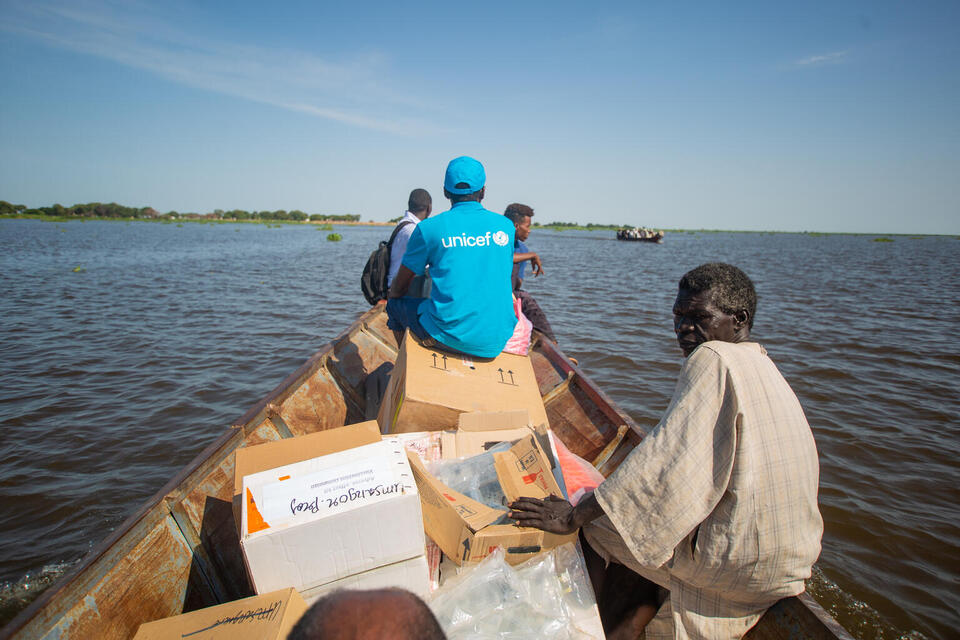
UNICEF also provides mental health and psychosocial services to children, both in times of crisis and times of peace, and advocates for improved access to quality mental health services for children in the U.S. and around the world.
Stigma, economic inequalities and lack of resources and information often leave children and adolescents without the mental health support they need. By dissolving these barriers and advocating for government investment in child and adolescent mental health, UNICEF helps ensure children have support and resilience to heal, grow and thrive — now and far into their futures, no matter what challenges they face.
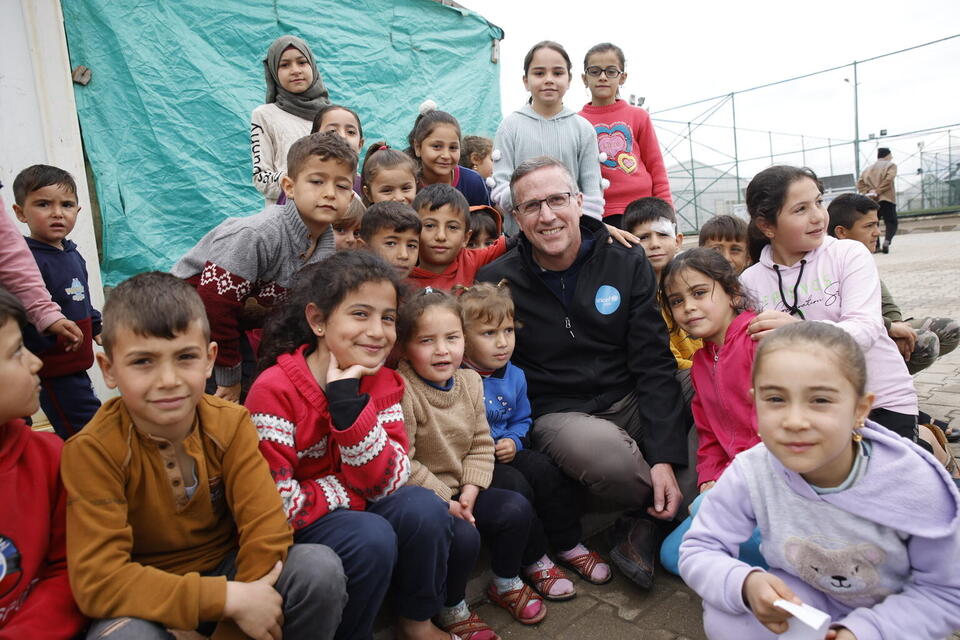
Education is every child's right. UNICEF is working to make that right a reality
The importance of education in achieving social justice cannot be overstated. For UNICEF, education is both every child’s fundamental right and a critical step toward breaking the cycle of poverty. By ensuring access to quality education for every child, including those affected by conflict and disaster, UNICEF works to level the playing field and ensure more equitable access to opportunity.
UNICEF works alongside governments, partners and community leaders to remove children’s barriers to education. This includes ensuring inclusive education for children with disabilities, dissolving gender-based stigmas to support girls’ education and innovating remote learning alternatives for students forced from their classrooms by natural disasters, conflict, COVID-19 and other harrowing circumstances.
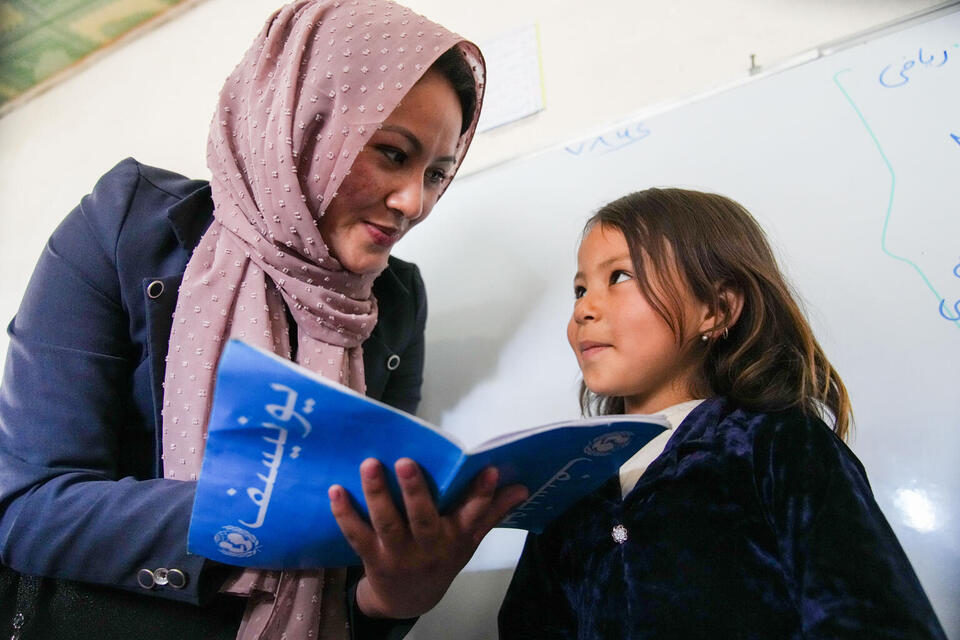
Girls’ education is especially vulnerable. Child marriage, gender-based violence, societal stigmas and misinformation significantly hinder girls’ learning. Challenges such as inadequate access to safe water and sanitation make the situation worse, causing girls to frequently miss school for reasons like menstruation and the need to travel long distances to fetch safe water for their families.
In Afghanistan, the situation is particularly dire as de facto authorities have prohibited girls from attending secondary schools and universities beyond age 12. This combination of social, infrastructural and political factors severely limits opportunities for girls' education and further exacerbates the gender gap.
In response, UNICEF works closely with local leaders and families in communities around the world to advocate for and uphold girls’ rights. In Afghanistan, UNICEF supports community-based education classes so girls can continue learning outside of traditional classrooms. In sub-Sahara Africa and beyond — including in the U.S. — UNICEF works to protect girls from the risks of child marriage by informing parents and local leaders, and influencing public policy.
The work doesn’t stop there; UNICEF delivers innovative solutions to bring safe water, hygiene and sanitation facilities to communities, and supports girls’ continued learning with cash transfers, scholarships, educational resources and more. Through its work to defend every girl’s and every child’s right to education, UNICEF promotes a culture of inclusivity and respect for diversity across today’s youngest generations, sowing the seeds for a more just and equitable future for all.
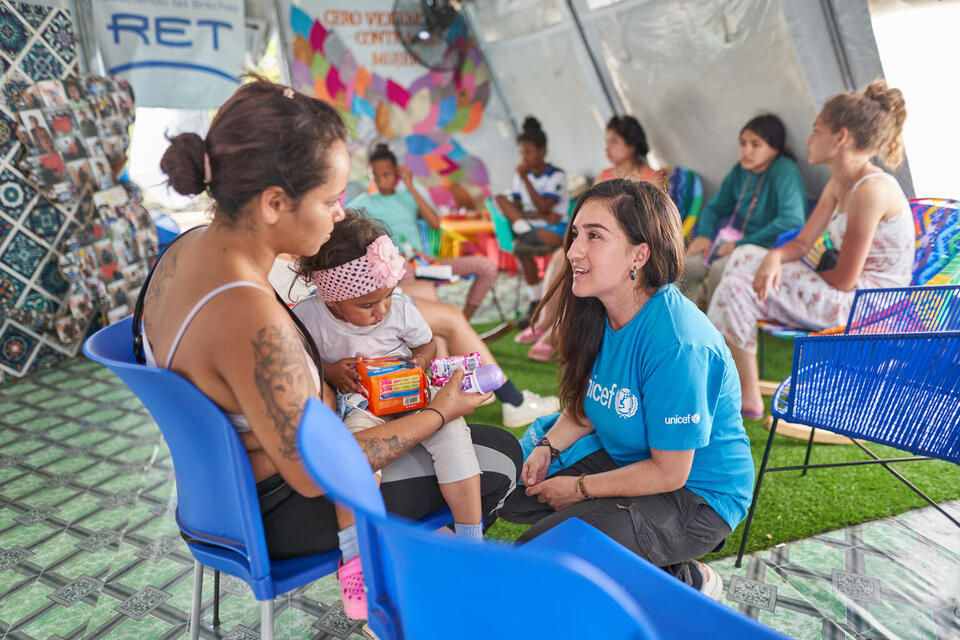
UNICEF fiercely advocates for children’s rights and protections — regardless of their migration status
UNICEF’s commitment to protecting children on the move is a critical pillar of its broader social justice work. Children who are refugees, migrants or internally displaced due to conflict, climate change impacts or poverty face unique and profound challenges that threaten their rights, safety, well-being and futures.
By collaborating with governments and partners, UNICEF works to ensure that children on the move are treated with dignity and respect, their rights are upheld and they have access to essential services including education, health care and psychosocial support. This includes advocating for policies that prevent family separation, protect children from exploitation and abuse and provide legal pathways for children seeking asylum or refugee status.
Moreover, UNICEF works to address the root causes of migration and displacement, including economic instability, conflict and violence, climate change disasters, human rights violations and more. In this way, UNICEF not only addresses the immediate needs of children on the move but also contributes to building more inclusive, equitable and just societies where every child's rights are recognized and protected, regardless of their migration status.
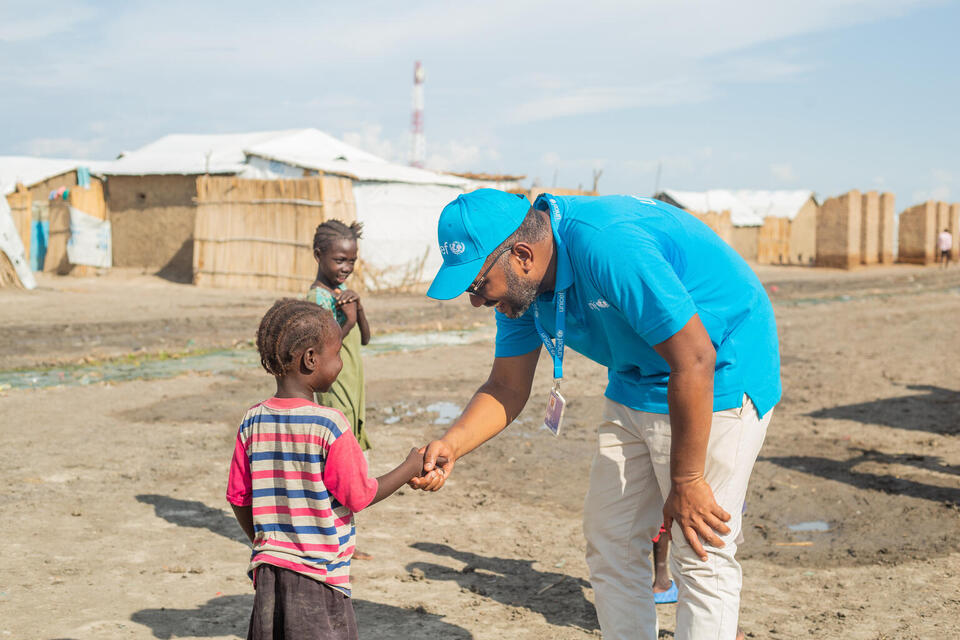
For every child, respect
The fight against racism, hate and discrimination is central to the pursuit of social justice. Social justice aims to eradicate inequalities. Racism, hate and discrimination, on the other hand, perpetuate systemic barriers, ultimately denying individuals' rights, opportunities and dignity — and eroding the fabric of our societies.
Intolerance and hate crimes are on the rise in the U.S. and beyond. And UNICEF is taking action. Equity, inclusion and diversity are at the heart of our work. As such, UNICEF educates and raises awareness about the importance of embracing diversity and inclusion, and taking an anti-racist position. UNICEF knows that diversity within communities propels progress and innovation, and paves a path to ensure every individual has the opportunity to contribute to and benefit from a more equitable and just society.
Together, let’s relentlessly pursue a more equitable world for every child
Our world is not a just one — but it will be.
Your support, whether donating, signing a pledge or sharing information, can make a meaningful difference in the lives and futures of children around the globe. Join UNICEF in taking action.


